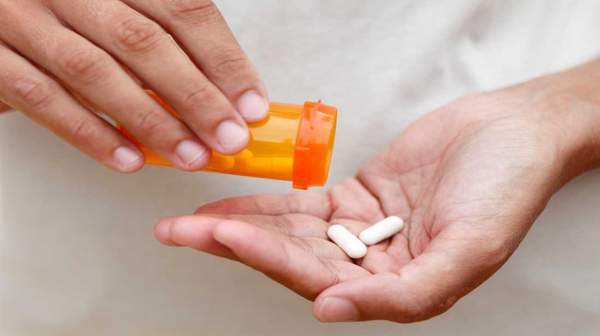What are antibiotics?
Antibiotics are a group of medicines that are used to treat infections caused by bacteria and certain parasites. They are sometimes called antibacterials. Antibiotics can be taken by mouth as liquids, tablets, or capsules, or they can be given by injection. Usually, people who need to have an antibiotic by injection are in hospital because they have a severe infection. Antibiotics are also available as creams, ointments, or lotions to apply to the skin to treat certain skin infections.
It is not possible to list all the possible side-effects of each antibiotic in this leaflet. However, as with all medicines, there are a number of side-effects that have been reported with each of the different antibiotics. If you want more information specific to your antibiotic then you should read the information leaflet that comes with the medicine.
Most side-effects of antibiotics are not serious.
Common side-effects include:
- soft stools
- diarrhoea
- mild stomach upset such as nausea.
Topical Antibiotics: Advanced Patient Information ← Read more
Less commonly, some people have an allergic reaction to an antibiotic, and some have died from a severe allergic reaction – this is very rare.
Antibiotics can kill off normal defence bacteria which live in the bowel and vagina. This may then allow thrush or other bad bacteria to grow.
You should tell your doctor if you have any of the following side-effects:
- Severe watery diarrhoea and abdominal cramps (signs of a serious bacterial infection of the gut – Clostridium difficile infection).
- Shortness of breath, hives, rash swelling of lips, face, or tongue, fainting (signs of an allergic reaction).
- Vaginal itching or discharge (signs of vaginal thrush).
- White patches on the tongue (signs of oral thrush).
- Vomiting.
Antibiotics Fight Bacteria, Not Viruses ← Read more
Some antibiotics may interact with other medicines that you might take. This may cause reactions, or reduce the effectiveness of one or other of the treatments. So, when you are prescribed an antibiotic you should tell a doctor if you take other medicines.






